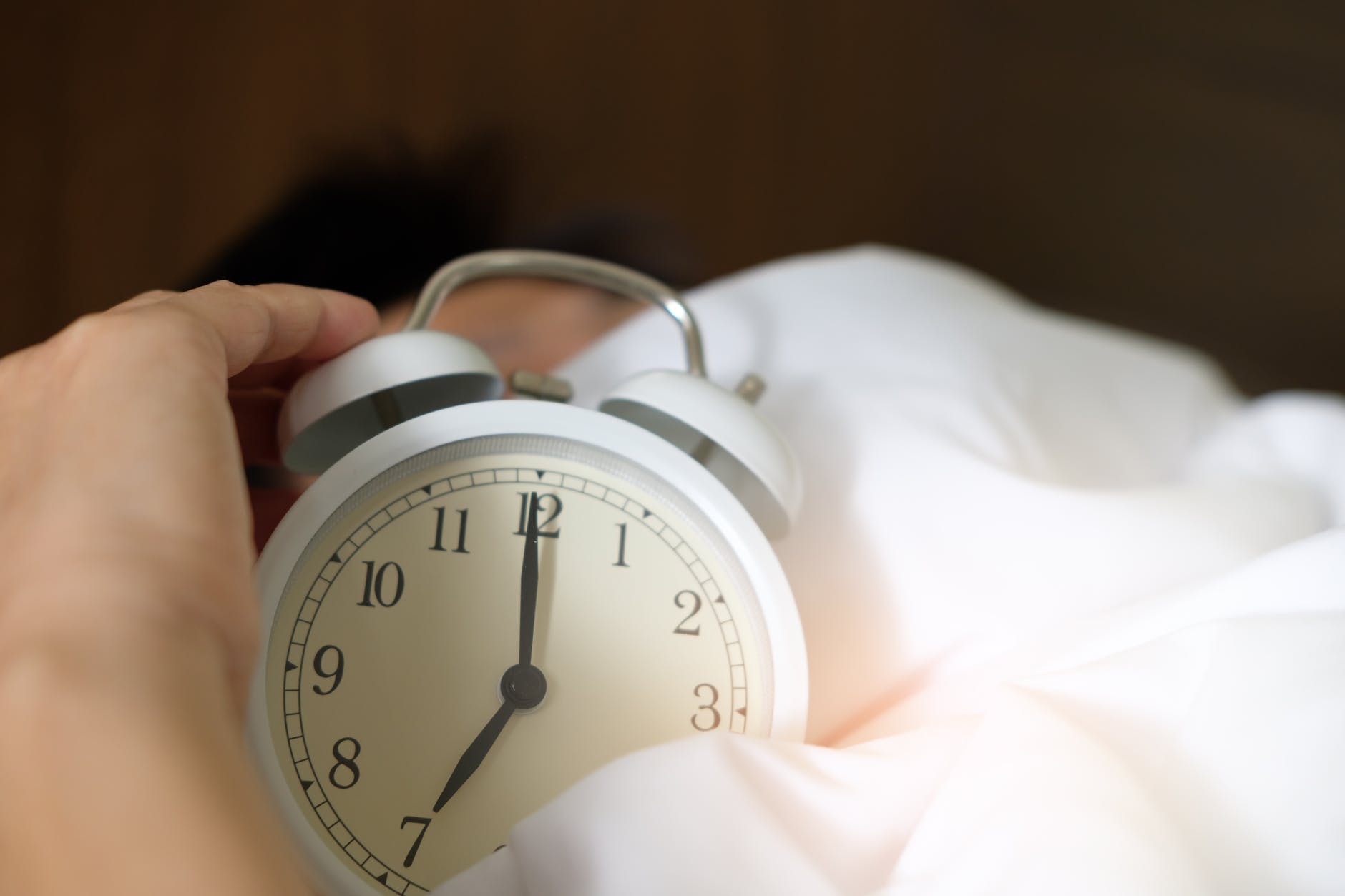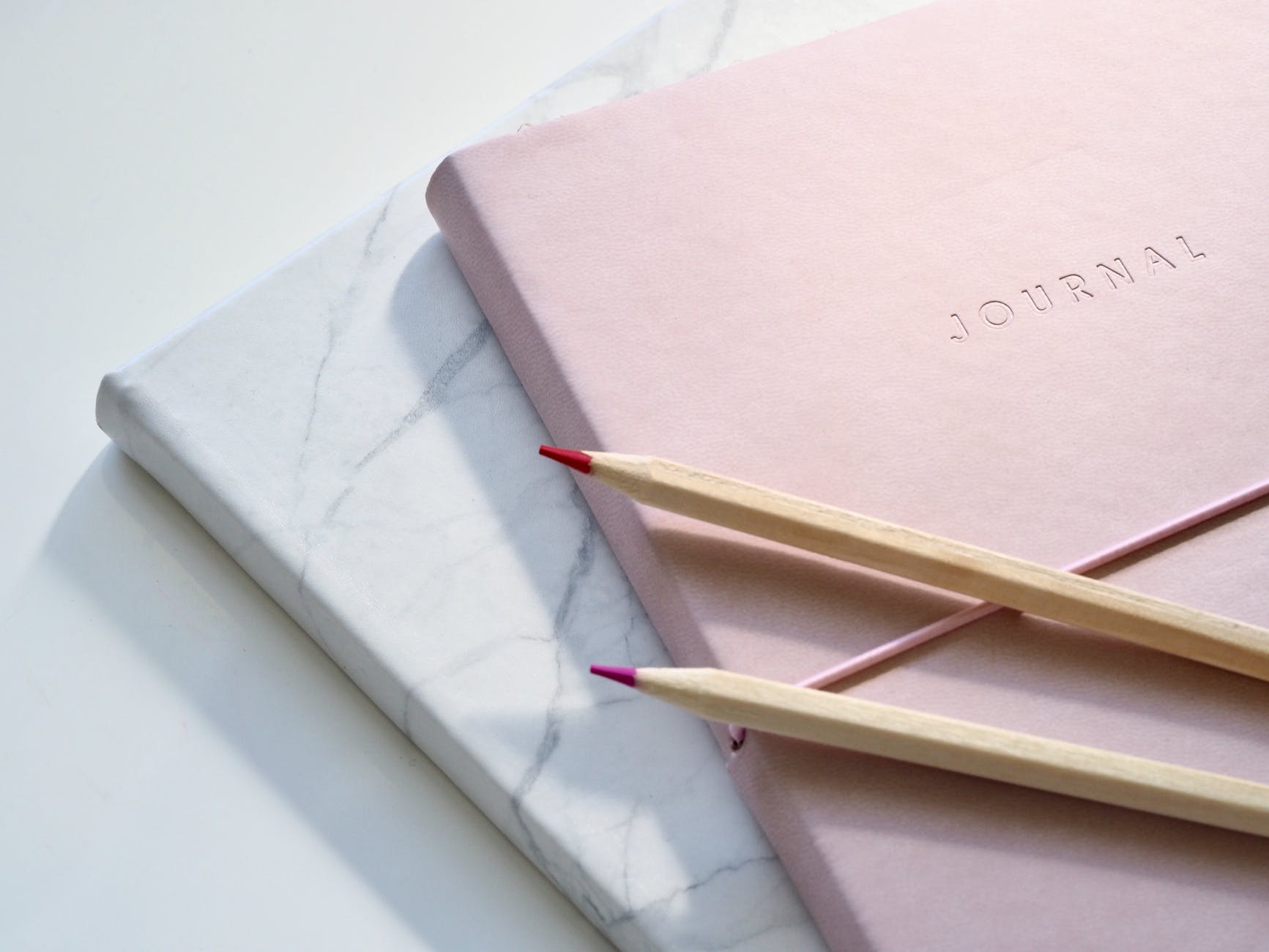Healthy morning routine for mental health
Connect with yourself
I believe one of the most important actions to a healthy morning routine for mental health is to start your day by taking some time for yourself before you let the world in and engage with it. Most likely, the way that you are getting into your day impacts how the next 24 hours will unfold for you. In that sense, don’t rush from your bed straight to work.
In fact, try to not rush at all and instead try to wake up early enough to be able to get ready for the day ahead as stress-free as possible for a healthy morning routine for mental health. Make sure that you are taking some time to check in with yourself before you start your day and engage with the world. If you’re struggling with your mental health, chances are that your brain reacts to stress particularly sensitively.

Therefore give it a moment to properly wake up before you give outside stimuli the opportunity to enter and influence your thoughts and emotions. It’s best to not let those stress levels peak up the second you open your eyes. Below I am sharing some inspiration on how you could begin your day calm and connected with yourself and create a healthy morning routine for mental health. By no means you have to do all of these but please feel invited to pick two or three that you feel like are the most realistic and easy for you to integrate into your routine and stick with them.

- Meditate. If you are not meditating yet but want to give it a try, you can start with 2-3 minutes. It doesn’t have to be long and a few minutes go a long way. Furthermore, know that the goal of meditation is not to have a completely blank mind and not think about anything (that’s actually impossible) but rather to observe your thoughts and feelings without judgment. There are a lot of free podcasts and free guided meditations on youtube or alternatively I can recommend apps like Calm or Headspace.
- If active meditation is not for you or feels too advanced, just sit down for a couple of minutes with your cup of tea/coffee and just let your thoughts float freely with no distractions. In fact this is also a form of meditation. There is no need to sit down on the ground in a cross-legged position. You can totally sit on a chair or elsewhere, just make sure that you keep your spine straight to be able to breathe easily.

- Stay offline. Don’t let checking your phone be the first thing you do after waking up. Don’t check it until you’ve checked in with yourself. Sounds difficult? Try leaving your phone outside of the bedroom or at least get an analog alarm clock and put the phone on the other side of your bedroom (rather than on your bedside table where it’s too tempting and readily available). If that seems impossible, start by putting your phone on airplane mode during the night and don’t change that setting until you’ve taken a moment for yourself first. Read here about how to deal with social media when you’re struggling with your mental health.
- Make your bed. As simple as it sounds, that way you’ll already have started your day with an accomplishment. On top of that, outer structure creates more inner structure, so in the best case scenario, that means less scattered thoughts and overwhelm for you. Plus you’ll love to hit the pillow at night even more, coming back to a freshly made bed.

- Breathing. Allow your mind and body to wake up gently by taking some deep, conscious breaths into the belly. Bonus: you can do this while you’re still lying down under the warm, comfy blanket.
- Consciously check in with yourself. Take at least a short moment to ask yourself, how are you feeling this morning? What thoughts are the first ones to come up? Don’t judge them, just observe what comes up and what your mind is busy with these days. This can teach us much about from where our feelings of stress, anxiety, or sadness arise.

- Journal your thoughts. This is especially useful when you have anxious/overwhelming/depressive thoughts in the morning. Writing them down works wonders as it helps to get them out of your head or to structure your thoughts in case you feel overwhelmed. Not into writing? Record a voice memo with your phone to speak out your thoughts – equally effective and super quick.
- Write down one goal for the day if you like. This can be something tiny like bringing out the trash, calling a friend you haven’t spoken to in a long time, drinking only one cup of coffee instead of five, or whatever else might work for you. It should be a goal that’s easily achievable. At the end of the day you can then look back at your goal and no matter how unproductive your day might have felt, you’ll have accomplished something. Depression can often trigger feelings of failure, therefore these small successes are super important.

- Mindfulness. If you’re really short on time, pick one part of your regular morning routine (such as making coffee/breakfast, brushing your teeth, getting dressed) and perform them really mindfully. That means you give this task your full attention. This requires a bit of conscious effort because we usually do them on autopilot, especially when it’s early in the morning. The good news – if you manage to stick with some of these habits, they will become effortless and part of your routine like brushing your teeth.
- Take a cold shower. And I mean really cold. It should feel a bit uncomfortable. Studies suggest that cold showers can potentially increase our dopamine levels and can therefore relieve symptoms of depression. The great effect of a cold shower is that you get a break from your worries for a moment because you’re so focused on somehow surviving the cold. At least for a moment, this will be the only thing on your mind. On top of that it’s also a great way to get yourself awake in the morning.
Healthy morning routine for mental health: wake up your body in a way that feels good to you
Our mind and body are closely connected so in order to support our mental health it’s important to engage not only our mind but also our physical body. Here are some ideas on how you can incorporate this into your morning routine for mental health.
- Go for a short walk. Getting some fresh air in the morning is amazing. If you have a park or some nature around you, even better. Nature has a super calming effect on body and mind. You could bring your coffee mug or walk to your favorite coffee place and grab one to-go (could be a good incentive to get you out of the house).

- Do some yoga. There are so many great and free resources for yoga on Youtube. Remember that a little goes a long way, you don’t have to fit in a whole hour of yoga before work, but if you do 10-20 minutes consistently you’ll soon see your flexibility, balance, strength and most importantly your mental health reap the benefits. It also doesn’t have to be anything fancy, if do a few sun salutations or even just a few minutes of malasana you’re already doing some great work for both your body and mind.
- If you don’t like exercise in the morning, you can also just stretch your body a little. The great thing about yoga is that you train your mind and your body at the same time by focusing on your breathing. In fact, you can think of yoga more as a moving meditation. You’ll see, you will feel different even after a few minutes of practice.

- HIIT. Not a fan of yoga? No worries. You could also fit in a HIIT (high-intensity interval training). The benefit of HIIT is that you don’t need to invest a lot of time, 10 minutes can already be enough (they may feel like 20 though because they’re so intense). Studies found that a regular practice of HIIT can significantly lower symptoms of depression, anxiety and psychological stress and leads to better sleep quality. If you feel stressed and full of adrenaline this is a great option because you’ll be able to release all of that excess energy.
- Dance. Another great way to get rid of dark and heavy thoughts in the morning is to dance. Put on your favorite song/playlist and dance a little around the living room. This is a great option if you’re short on time too as you could do this while brushing your teeth. Listening to uplifting music certainly has an impact on your mood so make sure to dance to a feel-good song and start into a good day this way.

Final Thoughts
As you can see, there are many different ways to bring more calmness and me-time into your morning routine for mental health which will boost your you in the long run. Again, by no means do you have to incorporate all of these ideas to see improvements. Instead, pick 1 or 2 and create a specific goal around them, as research has shown that this will make you more likely to stick to your new habits. For example a goal like “I will do three stretching exercises every morning before I eat breakfast” is a much better intention than “I’ll do some stretching every morning”.
Wishing you all a beautiful morning routine for mental health!
